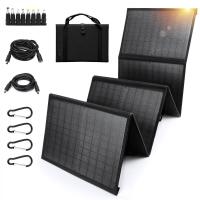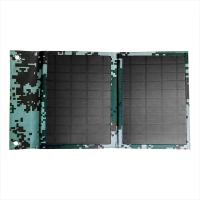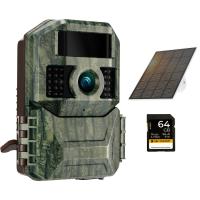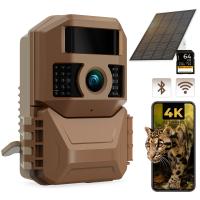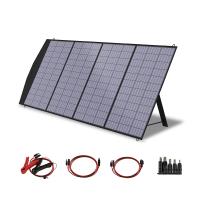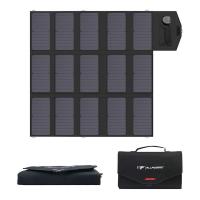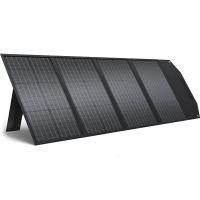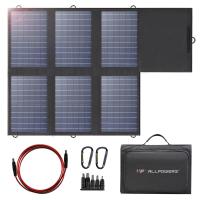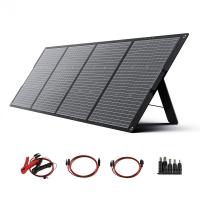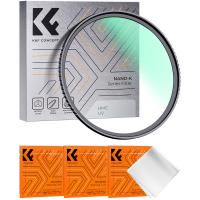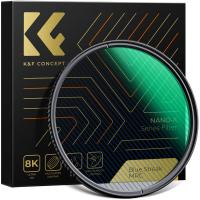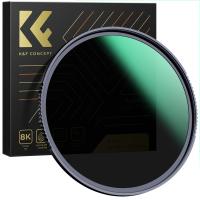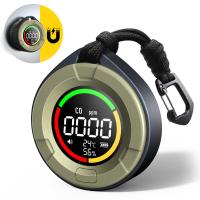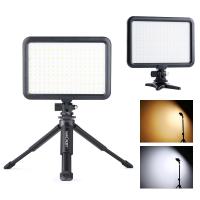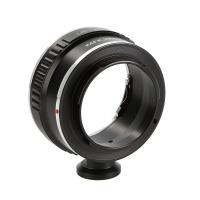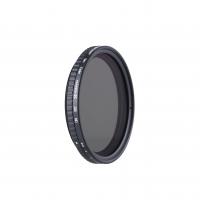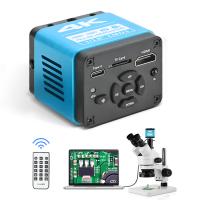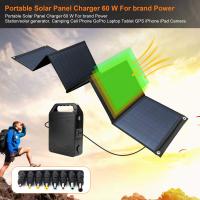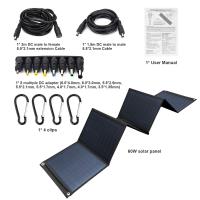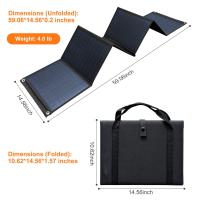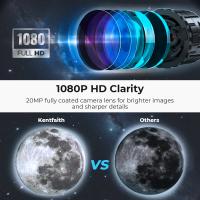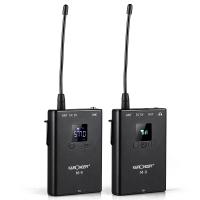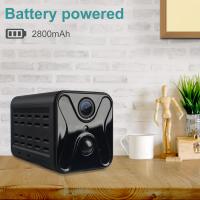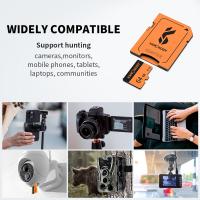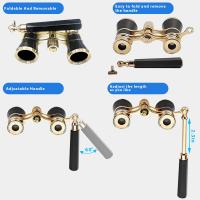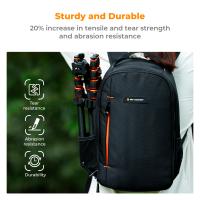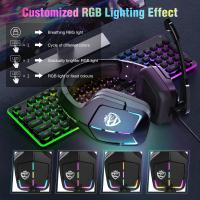Are Portable Solar Panels Any Good?
In recent years, portable solar panels have gained significant attention due to their promise of providing on-the-go energy solutions. From camping trips and outdoor adventures to backup power during emergencies, these panels are designed to harness the renewable power of the sun in compact, accessible ways. But are portable solar panels actually good, or do they come with limitations that make them less effective than advertised? Let’s delve into this topic, covering how portable solar panels work, their key advantages, challenges, and practical use cases.
How Do Portable Solar Panels Work?
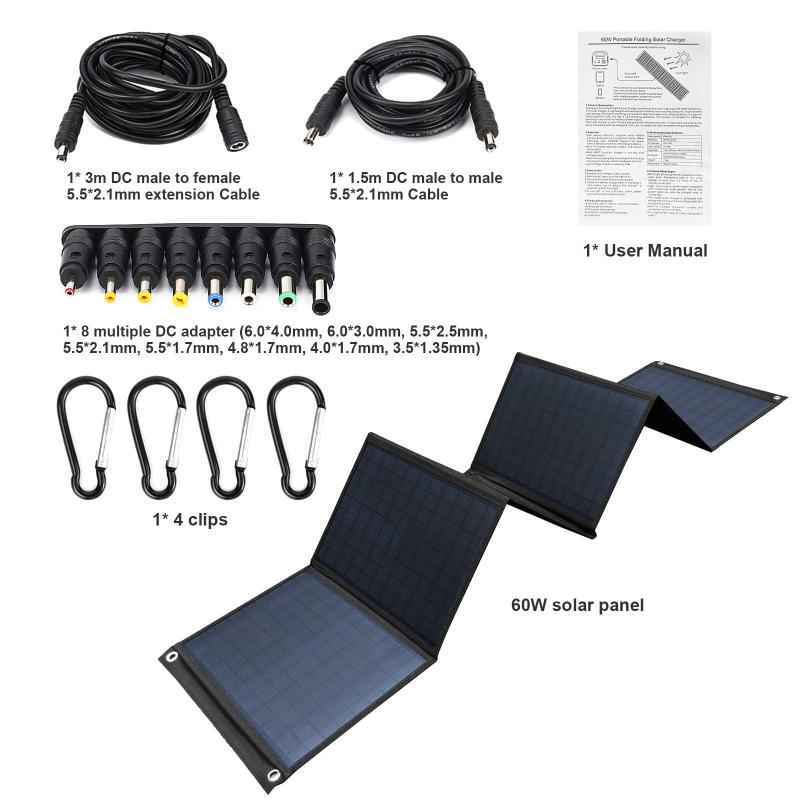
Portable solar panels operate on the same principles as traditional, roof-mounted solar systems. The panels consist of photovoltaic (PV) cells made from semiconducting materials like silicon, which convert sunlight into direct current (DC) electricity. This electricity can then be fed into a solar charge controller, stored in a battery, or used to directly power devices through a DC or AC inverter.
The core difference lies in their design. Portable solar panels are compact, lightweight, and often foldable or able to be packed away for easy storage and mobility. They are intended for scenarios where traditional solar installations would be impractical or impossible, such as camping trips, RV travel, or emergency backup during a power outage.
The Key Advantages of Portable Solar Panels
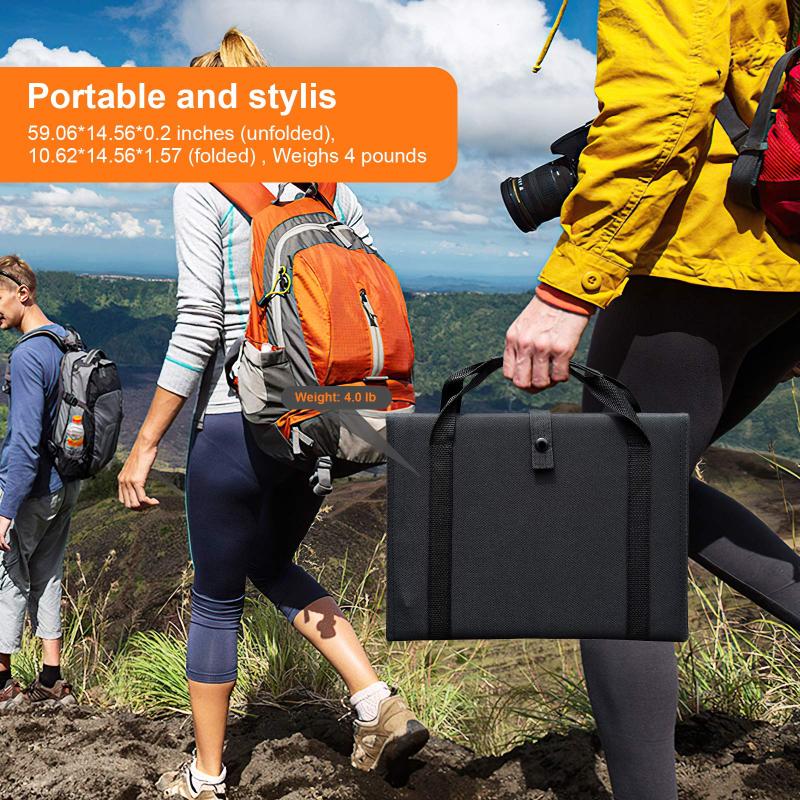
1. Convenience and Portability
A primary benefit of these panels is that they are designed to be easy to carry, install, and use. Many models are lightweight and come with carrying cases or mounts for quick setup. This flexibility makes them a go-to energy solution for adventurers, hikers, or anyone spending time outdoors away from conventional power sources.
2. Environmentally Friendly Energy Source
Portable solar panels allow users to harness renewable solar energy instead of relying on non-renewable alternatives like gas generators or disposable batteries. For those conscious about reducing their carbon footprint, they offer a clean energy solution that can power essential devices without emitting greenhouse gases.
3. Cost Savings Over Time
While the upfront cost of portable solar panels may seem high, they can provide long-term savings compared to constantly purchasing gasoline for generators or disposable batteries for electronics. With proper maintenance, they can last for years, often with no recurring costs outside of occasional battery replacements or upgrades.
4. Versatility Across Applications
Portable solar panels can power a wide range of devices, including smartphones, laptops, lanterns, refrigerators, and even medical devices, depending on their wattage and setup. This versatility makes them an excellent investment for people with diverse energy needs, including those who use them for RV trips or as emergency backup power.
5. Reduced Noise and Emissions
Unlike gas generators, portable solar panels operate silently. This makes them ideal for peaceful outdoor environments where noise would be disruptive. Additionally, because they don't burn fuel, they avoid creating toxic fumes, which is critical when used in enclosed spaces or near campsites.
Challenges and Limitations of Portable Solar Panels
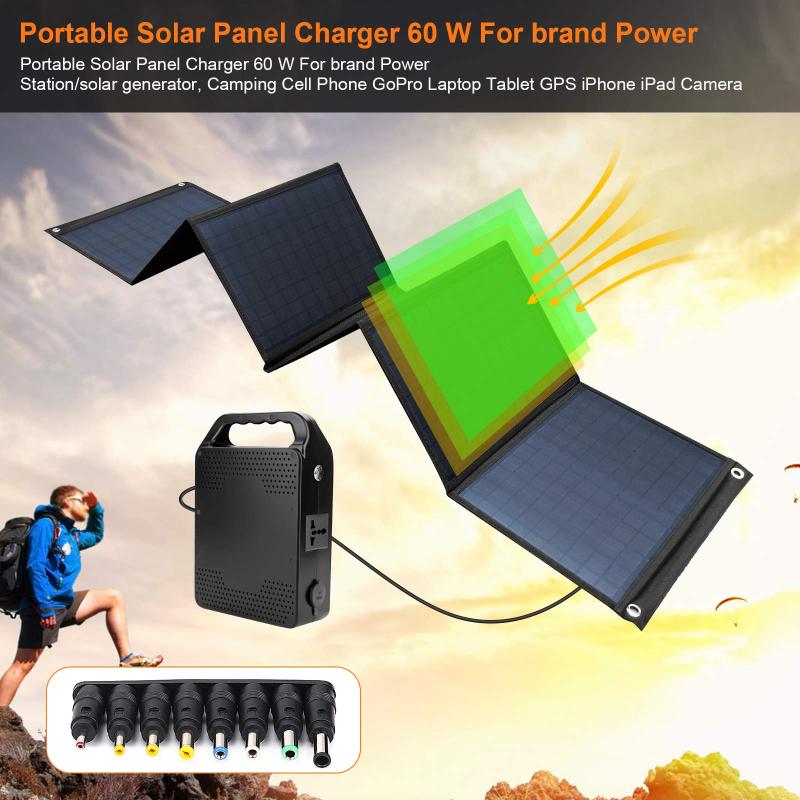
Despite their many benefits, portable solar panels are not without their limitations. These drawbacks might influence whether they’re the right energy solution for you.
1. Dependent on Sunlight Availability
The effectiveness of portable solar panels relies entirely on access to sunlight. Cloudy days, heavy rain, or shaded camping spots can significantly reduce their efficiency. For regions with limited sunlight or during overnight hours, you’ll need additional energy storage solutions such as a solar battery pack.
2. Power Output Limitations
Portable solar panels typically generate less power than permanent solar installations. While they can charge small devices and even some larger appliances, they may not be sufficient for powering highly energy-intensive equipment or an entire household. Their wattage ranges from 20W to 200W on average, which determines their applications.
3. Long Charging Times
Portable solar panels can take a considerable amount of time to charge a device, especially when sunlight conditions are less than optimal. For example, charging a smartphone battery might take several hours, while a large battery bank could require an entire day of steady sunlight.
4. Initial Cost
Quality portable solar panels are not cheap, with advanced models costing several hundred dollars. For casual users who only need them infrequently, this cost might seem hard to justify compared to alternative options like disposable batteries or small gas generators.
5. Durability Concerns
While many portable solar panels are built to be durable, they can still be vulnerable to wear and tear during frequent use or transport. Exposure to high humidity, saltwater, and physical impacts can reduce their lifespan.
Key Use Cases for Portable Solar Panels
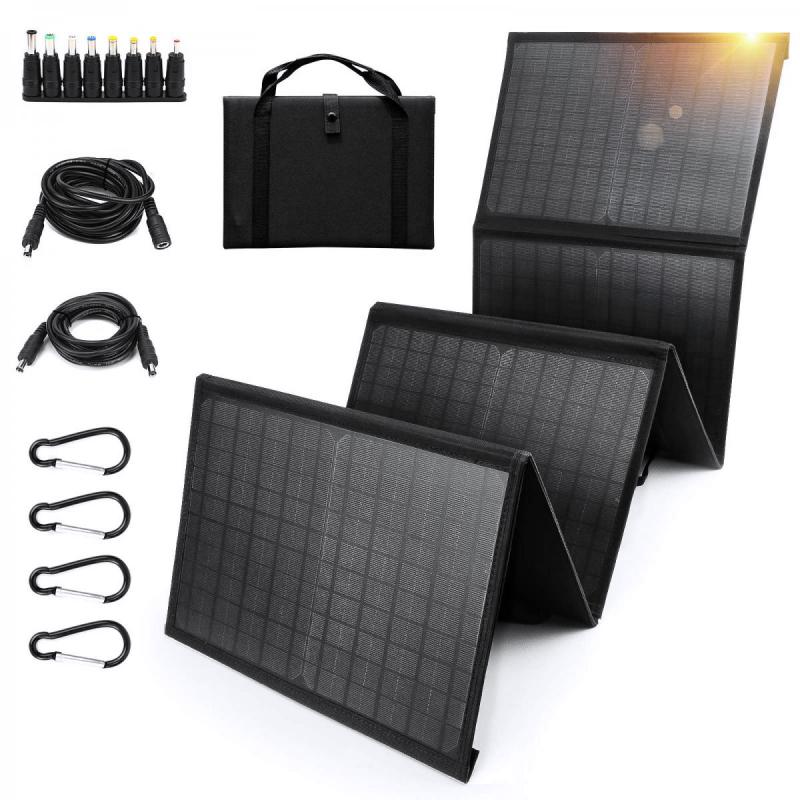
Understanding where portable solar panels excel can help clarify whether they’re the right choice for you. A few key scenarios illustrate their strengths.
1. Camping and Hiking
Portable solar panels are an excellent companion for outdoor enthusiasts looking to keep their gadgets charged. Whether you need to power your phone, GPS device, or camping lantern, a small foldable solar panel can eliminate the need to carry additional batteries or search for power outlets.
2. RV Travel and Vans
Many van dwellers or RV adventurers install lightweight portable solar panels to augment their energy supply. These systems can help keep appliances like small refrigerators and fans running without needing shore power or running a noisy generator.
3. Emergency Backup
During a power outage at home, a portable solar panel system can serve as a lifeline for charging critical devices such as phones, flashlights, and medical equipment. For households without permanent solar panels, portable options are an affordable, flexible backup solution.
4. Remote Work or Photography
For professionals working in remote locations, such as field researchers or photographers, portable solar solutions can keep laptops, cameras, and other electronics operational, ensuring uninterrupted productivity.
5. Boating and Fishing Trips
Solar panels are popular for charging trolling motor batteries, fish finders, or communication devices onboard small boats. Their portability ensures you can move them around the vessel to maximize sun exposure.
Are Portable Solar Panels Right for You?
The practicality of portable solar panels depends largely on your specific energy needs, lifestyle, and the conditions under which you’ll use them. If you’re frequently off-grid—whether for leisure, work, or emergencies—they can offer a reliable and renewable source of power. For occasional or small-scale use, portable solar panels may still offer great long-term value, considering their environmental benefits and cost savings over time.
However, if your power needs are intensive or you live in an area with limited sunlight, you may need to consider supplementary solutions, such as combining portable solar panels with larger solar battery systems or investing in alternative power options like gas generators.
Tips for Maximizing the Performance of Portable Solar Panels
If you decide that portable solar panels suit your needs, the following tips can help you get the most out of them:
1. Positioning Matters: Always angle the panels toward the sun for maximum exposure. The use of adjustable stands or mounts can help optimize this.
2. Clean Regularly: Dust, dirt, or moisture can reduce the efficiency of solar panels. Clean them periodically with a soft cloth and avoid using abrasive materials.
3. Invest in Quality: Cheaper panels might save money upfront but often have lower efficiency and durability. Look for high-efficiency models with robust warranties.
4. Pair with a Battery Pack: To ensure continuous power during nighttime or poor weather, connect your portable solar panel to a compatible battery storage system.
5. Monitor Energy Usage: Understand which devices you frequently use and their energy requirements. This ensures you don’t overload your solar energy system or drain the battery too quickly.
Final Thoughts
Portable solar panels have emerged as a versatile and eco-friendly power source, offering flexibility for a wide range of scenarios. They shine in off-grid environments, allowing users to power essential devices without relying on traditional electricity or fossil fuels. For those who value sustainability, quiet operation, and minimal maintenance, they can be an excellent investment.
However, potential buyers should weigh their needs against the limitations of portable solar panels, such as dependency on sunlight, power output constraints, and the initial cost. If chosen and used wisely, though, portable solar panels can enhance energy independence and make outdoor adventures or emergency preparation far more convenient and reliable. Whether or not they’re “good” depends entirely on whether their unique benefits align with your specific goals and requirements.

